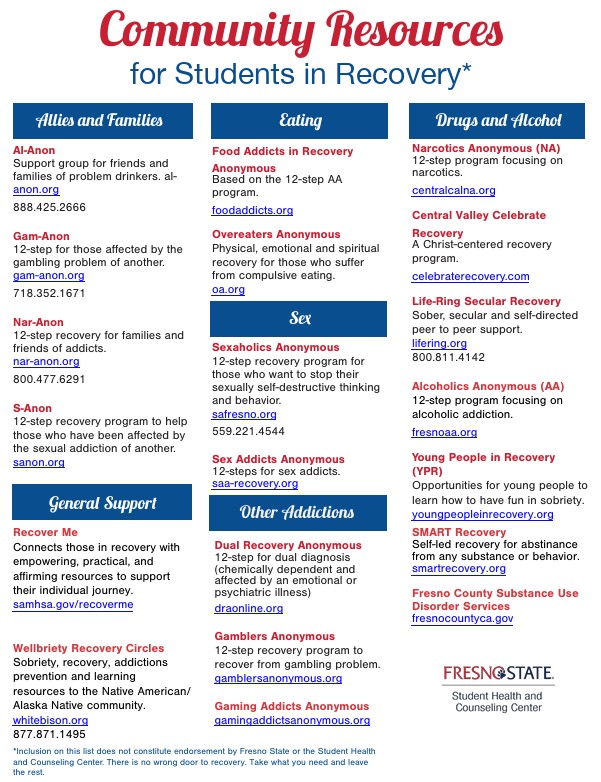Alcohol, Tobacco, and Other Drugs (ATOD)
How to Help a Friend
Initiating a conversation about a friend's sunstance use can be difficult, but it can also make a lifesaving difference.
Look at the impact, not just the amount. Does your friend do things they regret—like fighting, damaging property, driving under the influence, or having unplanned or unwanted sex? These behaviors matter, even if they don’t happen all the time. It's not about how often they use, but what happens when they do.
Needing help doesn’t mean they’re an addict. Struggling with substances doesn't always look like full-blown addiction. Some people can go long periods without using—but if their use leads to harm, confusion, or chaos when it happens, that’s reason enough to be concerned.
Support comes in many forms. Sometimes, a caring friend’s honest words can be a wake-up call. Other times, people need professional help to make changes. They may benefit from treatment, counseling or support groups to change their relationship with a substance. Wherever your friend is in their journey, compassion and consistency go a long way.
Speak from your experience. Use “I” statements like “I felt scared when you disappeared that night” or “I miss the version of you who showed up on time.” You don’t need to fix them—just tell the truth, with love. Even if they’re not ready to hear it now, your words might plant the seed that grows later.
Access Our Community Resources List Here
